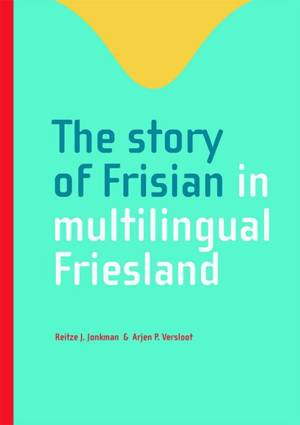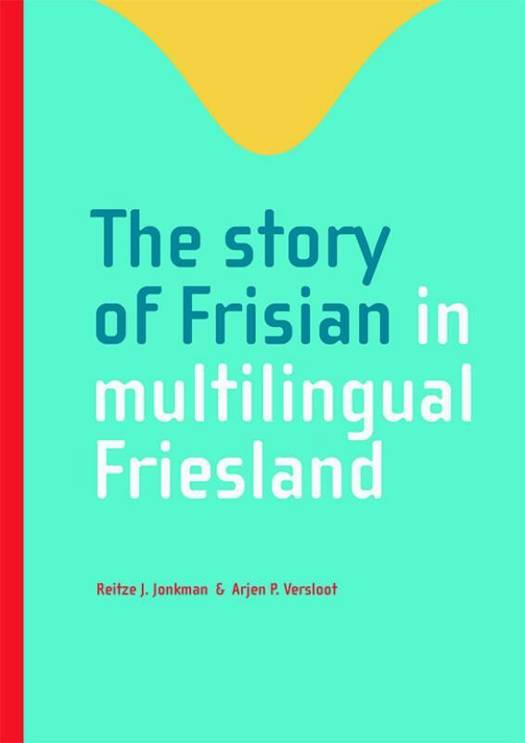
Je cadeautjes zeker op tijd in huis hebben voor de feestdagen? Kom langs in onze winkels en vind het perfecte geschenk!
- Afhalen na 1 uur in een winkel met voorraad
- Gratis thuislevering in België vanaf € 30
- Ruim aanbod met 7 miljoen producten
Je cadeautjes zeker op tijd in huis hebben voor de feestdagen? Kom langs in onze winkels en vind het perfecte geschenk!
- Afhalen na 1 uur in een winkel met voorraad
- Gratis thuislevering in België vanaf € 30
- Ruim aanbod met 7 miljoen producten
Zoeken
The story of Frisian in multilingual Friesland
Reitze J. Jonkman, Arjen P. Versloot
Paperback | Engels
€ 14,95
+ 29 punten
Omschrijving
In 'The story of Frisian in multingual Friesland', sociolinguist Reitze Jonkman (NHL Stenden, Leeuwarden) and historical linguist Arjen Versloot (University of Amsterdam) tell the history of the Frisian language: where it comes from, how old it is and how it has changed substantially as a language over the course of history, but also how its position in society has changed and what its current status is. One thing this story makes clear is that Frisian has never existed in isolation. From the very beginning of the Common Era, the Frisian language has been in direct contact with a variety of other languages including Latin, Frankish, Low German, the 'Townish' Dutch as spoken in the Frisian towns, and - for the last couple of centuries - Standard Dutch.
Specificaties
Betrokkenen
- Auteur(s):
- Vertaler(s):
- Uitgeverij:
Inhoud
- Aantal bladzijden:
- 112
- Taal:
- Engels
Eigenschappen
- Productcode (EAN):
- 9789492176882
- Verschijningsdatum:
- 12/09/2018
- Uitvoering:
- Paperback
- Afmetingen:
- 162 mm x 206 mm
- Gewicht:
- 306 g

Alleen bij Standaard Boekhandel
+ 29 punten op je klantenkaart van Standaard Boekhandel
Beoordelingen
We publiceren alleen reviews die voldoen aan de voorwaarden voor reviews. Bekijk onze voorwaarden voor reviews.









